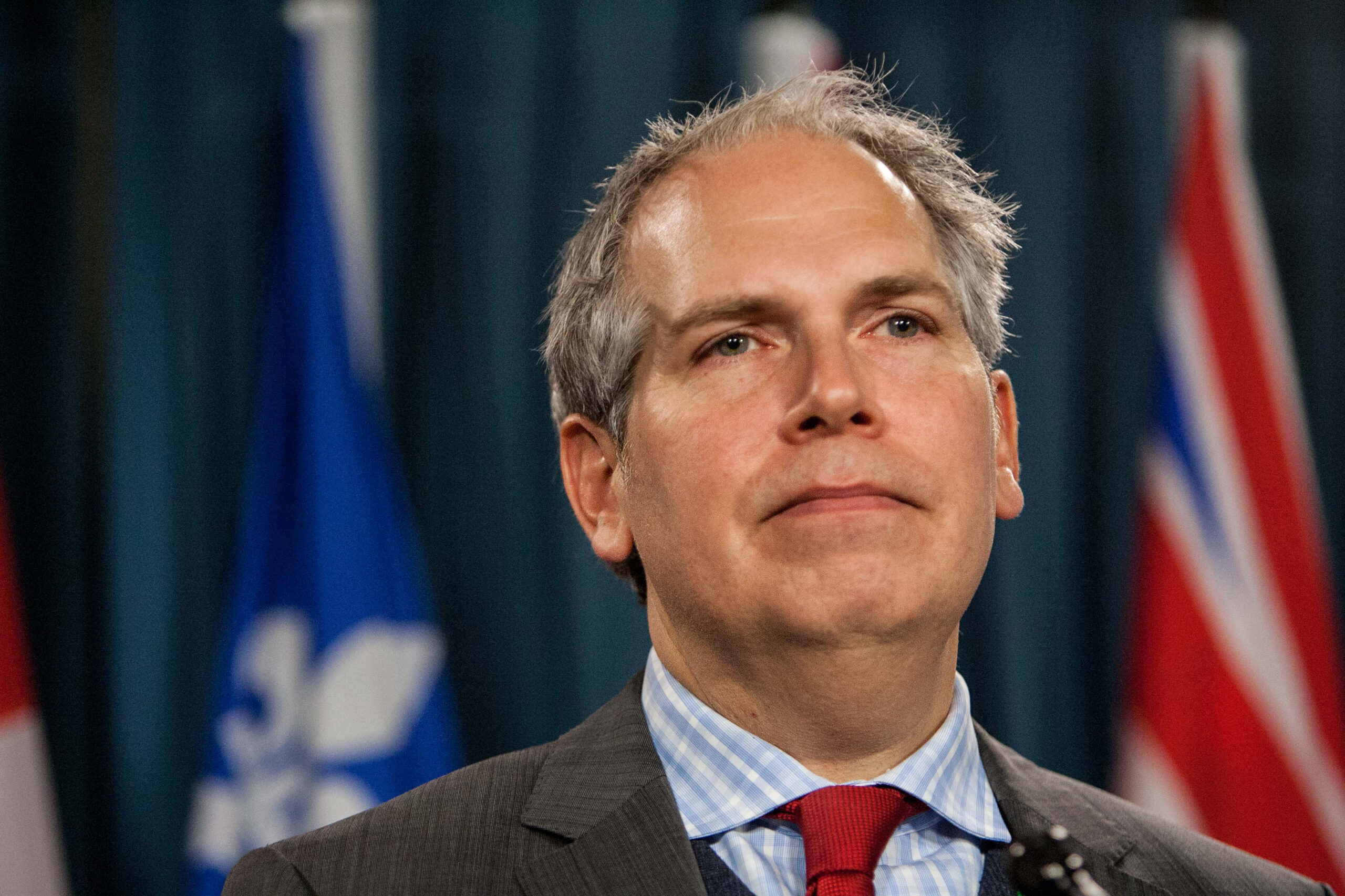It was less than two years after Todd Ross joined the Canadian navy in 1987 when he heard from his friends that the Special Investigations Unit was asking about him.
Ross, a naval combat information operator posted to the HMCS Saskatchewan in Esquimalt, BC, was eventually hauled in for questioning. Investigators subjected him to a series of interrogations while he was attached to a polygraph machine.
The results were inconclusive, but the investigators kept coming back for the next year and a half. Finally, he broke down; when they asked him if he was gay, he said yes.
“I wasn’t even out to myself at the time,” he says. “So admitting verbally that I was gay was a horrible experience.”
Eventually Ross was given the option of leaving with an honourable discharge or losing his security clearance, so he took the honourable discharge.
“I felt shame and humiliation,” he says. “And it’s something that I’ve carried for about 27 years now.”
But now the Canadian government has pledged to make amends to people like Ross. The government has settled a class-action lawsuit and agreed to provide $145 million in compensation to thousands of LGBT people who were purged from the public service and the military.
$110 million will go towards compensating individuals, while another $15 million will be dedicated to a fund to memorialize the LGBT purges. The rest will go towards legal fees, including covering all the plaintiffs’ costs.

Lawyer Douglas Elliott addresses reporters on Parliament Hill on Nov 28, 2017. Credit: Nick Lachance/Xtra
“It is nothing short of historic,” says Douglas Elliott, who was lead counsel on the class-action suit. He says it’s the largest settlement in world history for discrimination against LGBT people.
The settlement will still have to be approved by a judge, which will likely happen next year.
Once the settlement is approved, living victims of the purges will be able to apply to an independent administrator for compensation. Victims will be eligible for a minimum of $5,000 and up to $150,000 depending on the severity of their case. People who were accused of homosexuality or investigated would be eligible for the minimum amount, while those who suffered severe sexual or psychological trauma would get the full amount.
The settlement is part of a broad suite of measures that accompanied the federal government’s apology on Nov 28, 2017, for Canada’s historical mistreatment of LGBT people.
Ross, one of the lead plaintiffs in the class-action suit, says that the day brought him some level of closure.
“When I was leaving the navy,” he says, “I felt shame. And I feel a little bit less of that today.”

 Why you can trust Xtra
Why you can trust Xtra


